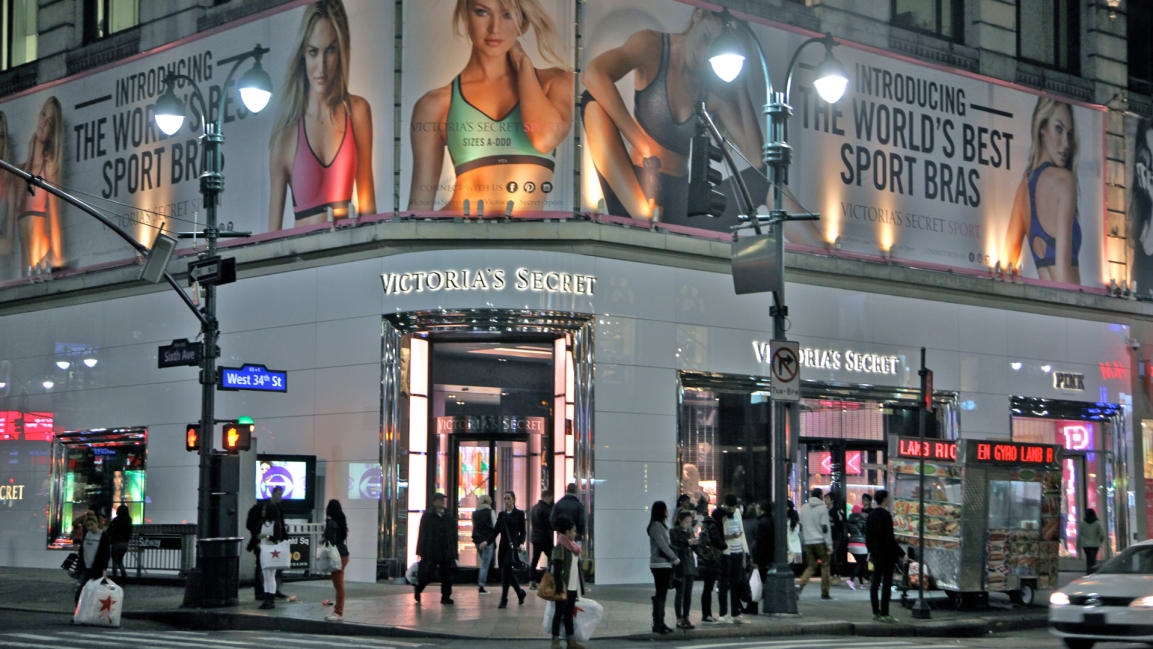Victoria’s Secret responds to viral videos claiming its bras track customers
Victoria’s Secret has responded to a wave of videos circulating on social media claiming that the company has implanted chips inside bras to track customers. One TikTok video in June generated nearly three million hearts, and there now more than a dozen YouTube videos making this claim. Some conspiracy theorists have even referred to these trackers as “sex trafficking tags.”
According to Victoria’s Secret, these are simply RFID tags, which are commonly used in the fashion industry to track and manage inventory throughout the supply chain. In a statement provided to Fast Company, a spokeswoman for the company said:
“Like many other retailers, this technology helps us deliver a great store experience by ensuring we have the right products available for our customers. We only use this technology in our back room and sales floors to help us manage inventory so that our associates can efficiently support our customers’ needs.”
Snopes, a fact-checking organization, has published an article debunking the claim that the chips track customers. “These tags only have a range of a few meters,” the article reads. “Furthermore, these tags don’t have any sort of battery in them, meaning they are only of use within range of a scanner.”
The claim is not new, but it seems to have found new life this week with recently posted videos, some of which have attracted thousands of views on YouTube.
(August 29, 2020) afternoon, YouTube created a “fact check” panel that links to the Snopes article that pops up when you search for “Victoria’s Secret” and “tracker.” It clearly states that the claim that the lingerie brand is tracking customers with RFID tags is “false.” But videos continue to pop up making the claim.
We’ve reached out to YouTube to ask about whether it might take down these videos, and a spokesperson for the company said, “When conspiracy theories… violate our hate speech policies, harassment policies, or harmful & dangerous policies they will be removed. For example, we remove content that spreads Covid-19 misinformation, or denies that a well-documented, violent event (like the holocaust) took place.” However, he did not comment specifically on whether the videos about Victoria’s Secret fit within the criteria for removal.
This is just the latest scandal Victoria’s Secret has found itself in over the past few months and years. In February, the New York Times published an exposé about the toxic workplace culture at the company. Last year, the Times revealed how Jeffrey Epstein, the disgraced financier who committed suicide in prison, used his relationship with Victoria’s Secret’s founder to lure women and abuse them. Victoria’s Secret’s sales have been in a downward spiral, and its parent company, L Brands, has been in talks to try to sell it, but has so far been unsuccessful.
It seems that many customers have also lost their faith in the brand and are willing to believe conspiracy theories about it.
(42)



